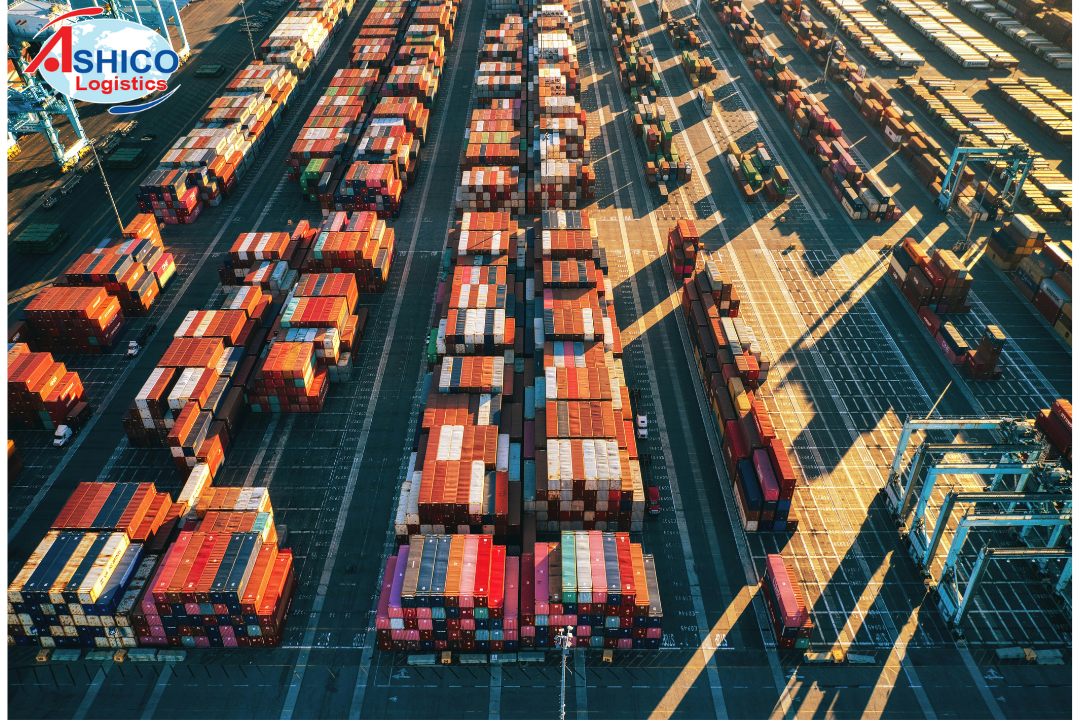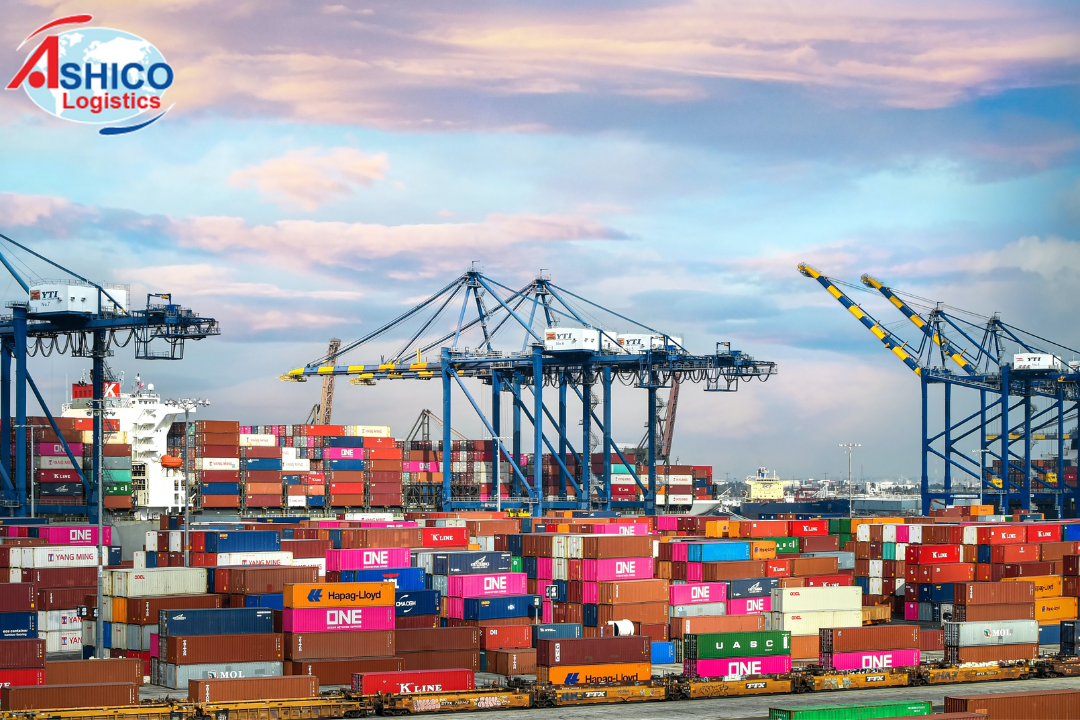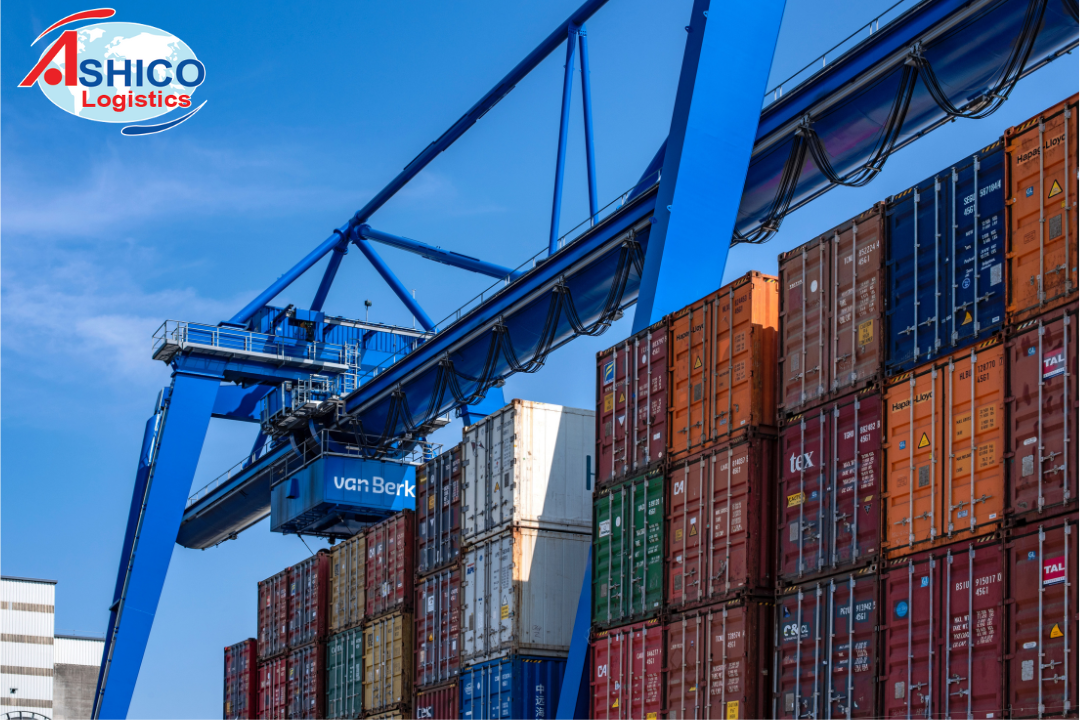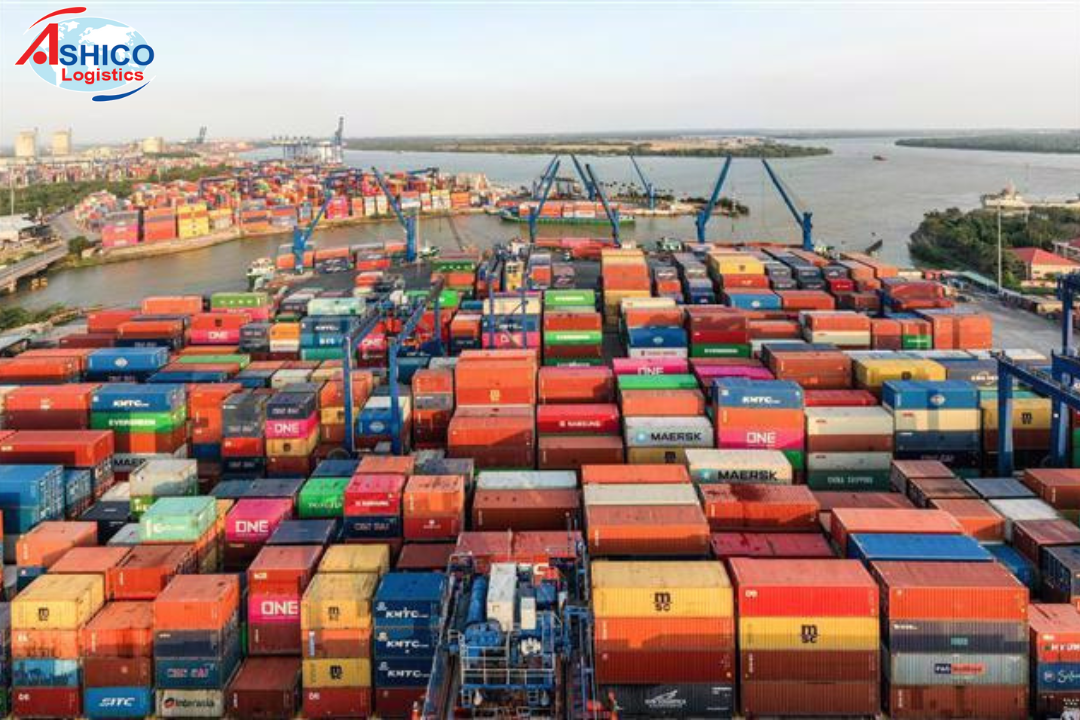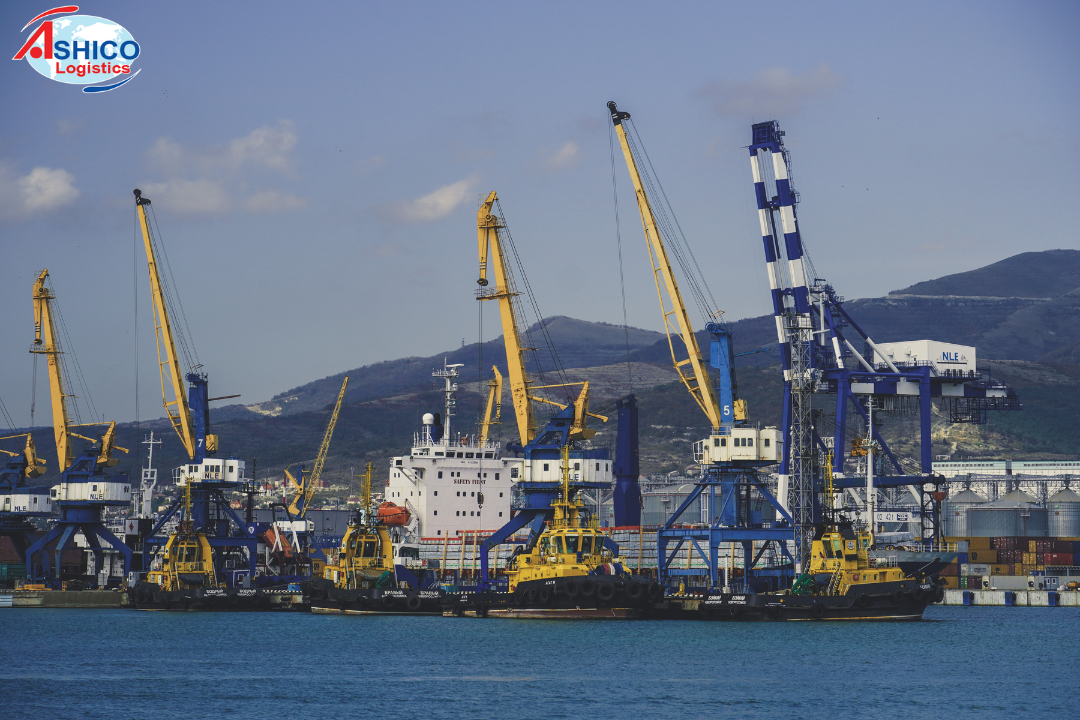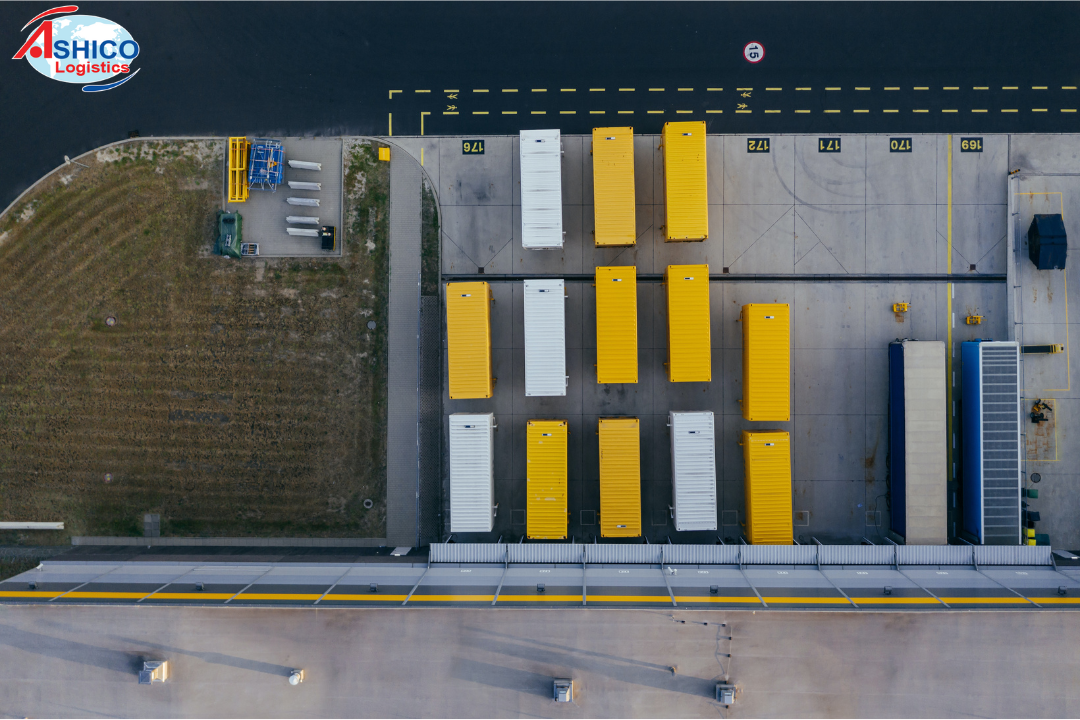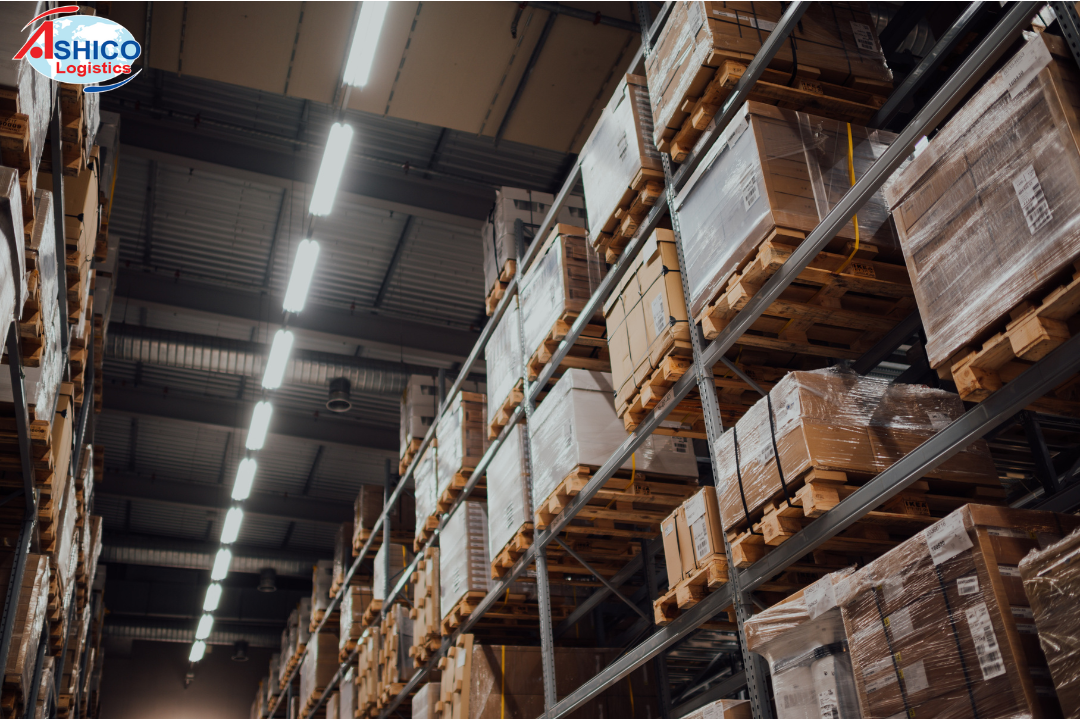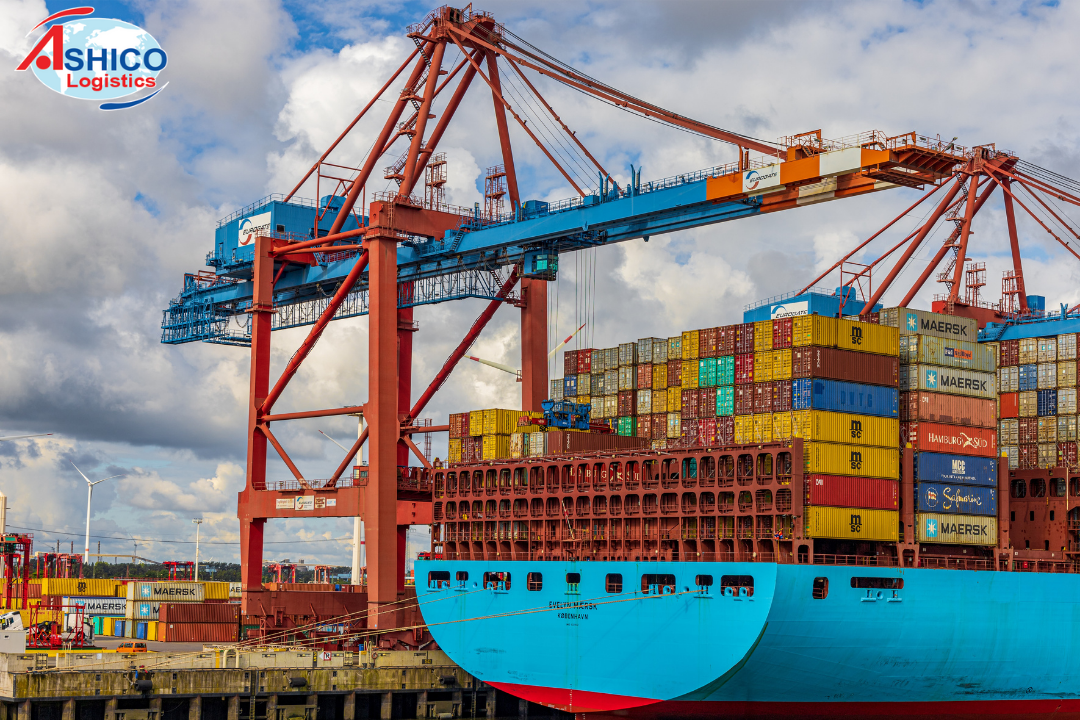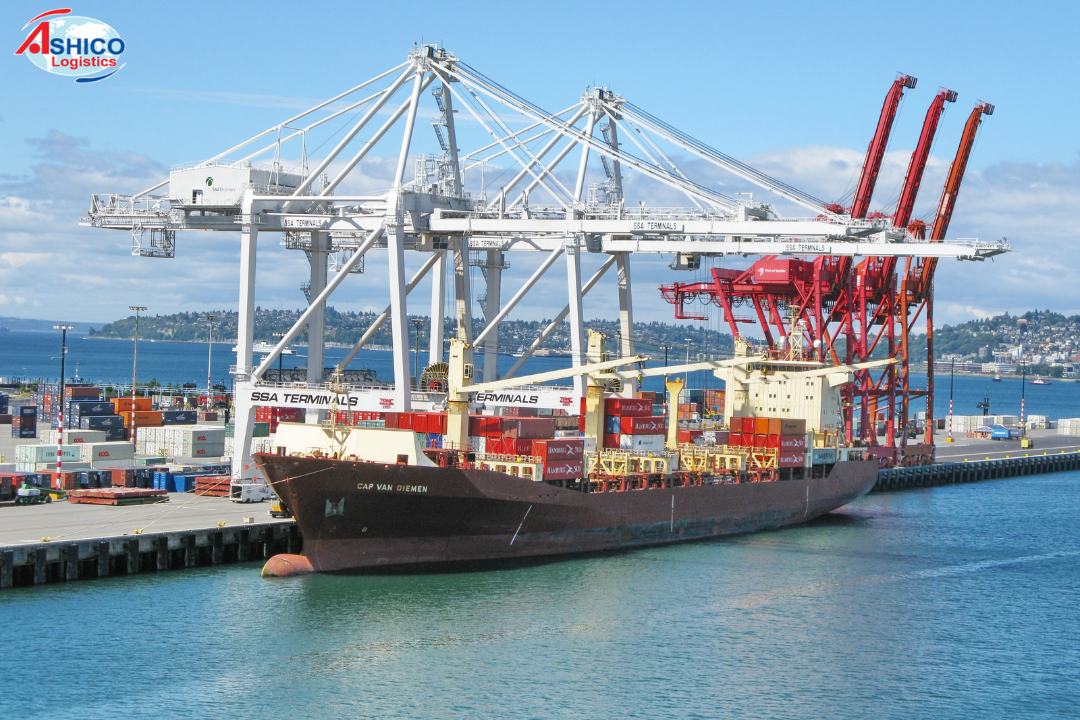
5 logistics trends in 2023
The global logistics industry will continue to evolve into digitalisation, sustainable transportation, automation, and will be impacted by rising diesel prices.
Experts predict that logistics and supply chains will continue to face many disruptions in 2023, coming from the economy, weather, geopolitical issues... Here are the logistics trends for the year next.
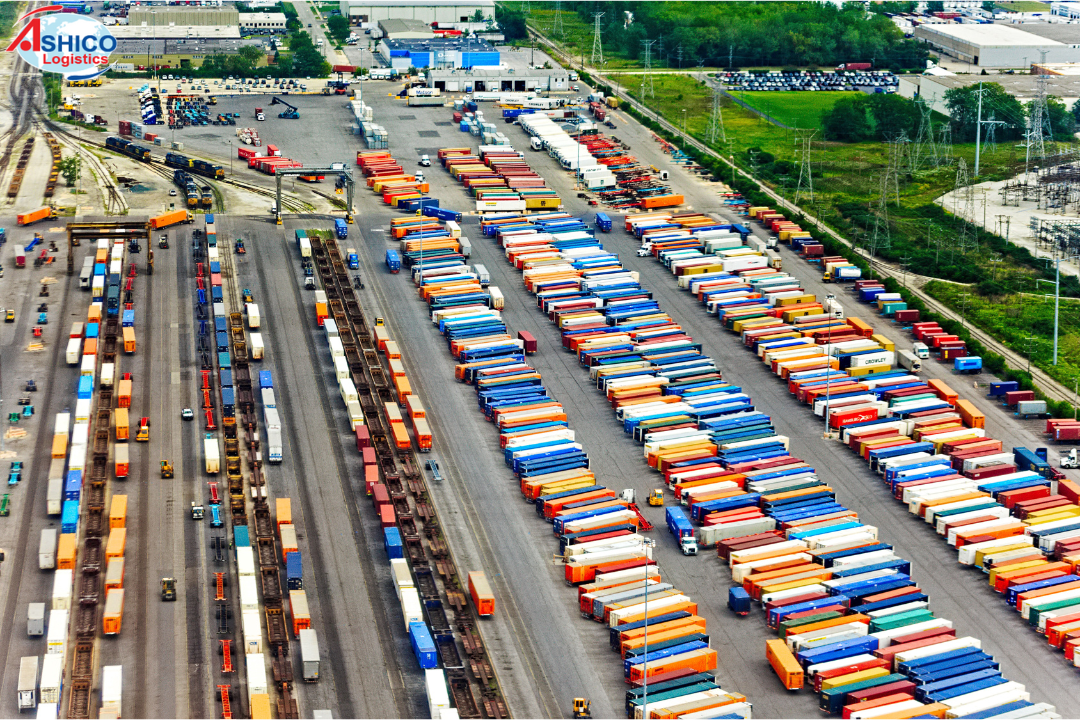
Experts predict that the logistics industry will face many challenges in 2023.
Data digitization and visibility
Digitization is allowing companies to harness data to accelerate operations, increasing visibility. This is still one of the biggest challenges facing businesses today. As shippers work with multiple suppliers, it is difficult to get the latest shipment updates without calling the suppliers. This hassle reduces operational efficiency and increases shipping error rates.
By digitizing supply chain processes and capturing data throughout the lifecycle of a shipment, every shipper can see the operation of their entire shipment, saving time and energy.
In 2023, data digitization and visibility will continue to skyrocket, even faster and more accurately.
"Reshoring" and "Nearshoring"
Reshoring and nearshoring in this industry have skyrocketed in the past 10 years, mainly due to the US-China trade tensions, the impact of the Covid-19 pandemic and concerns about the integrity of the industry. lasting.
According to an April 2020 Thomas survey, 64% of North American manufacturers will bring production back to the Americas. Many companies have moved from Asia to Mexico or the US to reduce transit times and reduce risk around potential challenges. Meanwhile, the US-Mexico trade relationship has many advantages such as close distance, the same time zone, similarities in working culture and geopolitical advantages. The close distance allows goods to be transported by road at competitive prices.
Diesel prices increase
From January to June 2022, diesel fuel prices increased by 55% in the US. The Russia-Ukraine crisis is the main cause of this as well as the IMO 2020 international rule that came into effect earlier this year. In fact, the geopolitical problems caused by the Russia-Ukraine crisis have led to a significant supply-demand gap in the global trade market, and rising fuel prices will most likely depress growth. GDP.
In addition, the IMO 2020 international rule requires fuel oil that powers ships to have a sulfur content of no more than 0.5% and has affected the price of diesel. With so many factors affecting diesel prices and fluctuations in the market, freight businesses will have to find ways to adapt to the continued price increase in 2023.
Sustainable shipping
For the trucking industry, there are minimum fuel economy standards and maximum emission standards for petrol and diesel vehicles. Increasing environmental regulations and consumer pressure to reduce pollution and greenhouse gas emissions are accelerating.
Logistics companies will also have to report risks related to climate change. Through optimizing transportation costs and reducing environmental impact, efficiency can be improved.
Automation
Technology and automation in logistics operations are important, to address industry weaknesses and manage goods at a lower cost, in a more timely manner. According to McKinsey, the transportation and warehousing industry has the third highest potential for automation compared to other industries. Artificial intelligence, machine learning, computer vision, connected IoT, and blockchain can all be applied to simplify logistics operations. So automation is expected to continue to be the trend in 2023.
Although 2023 may bring us challenges, it is also an opportunity for businesses in the logistics industry to move from a passive to an active state and from a survival mode to a growth mode. We will also see the launch of more advanced technologies in the field as more businesses adopt drones and robotics.
For manufacturers, reshoring and nearshoring will be top priorities while geopolitical issues will continue to affect supply chains. A key point that will bring us into the new year is the importance of changing traditional thinking to develop solid logistics strategies that are relevant to the current landscape.
Phi Hung (According to Global Trade)

